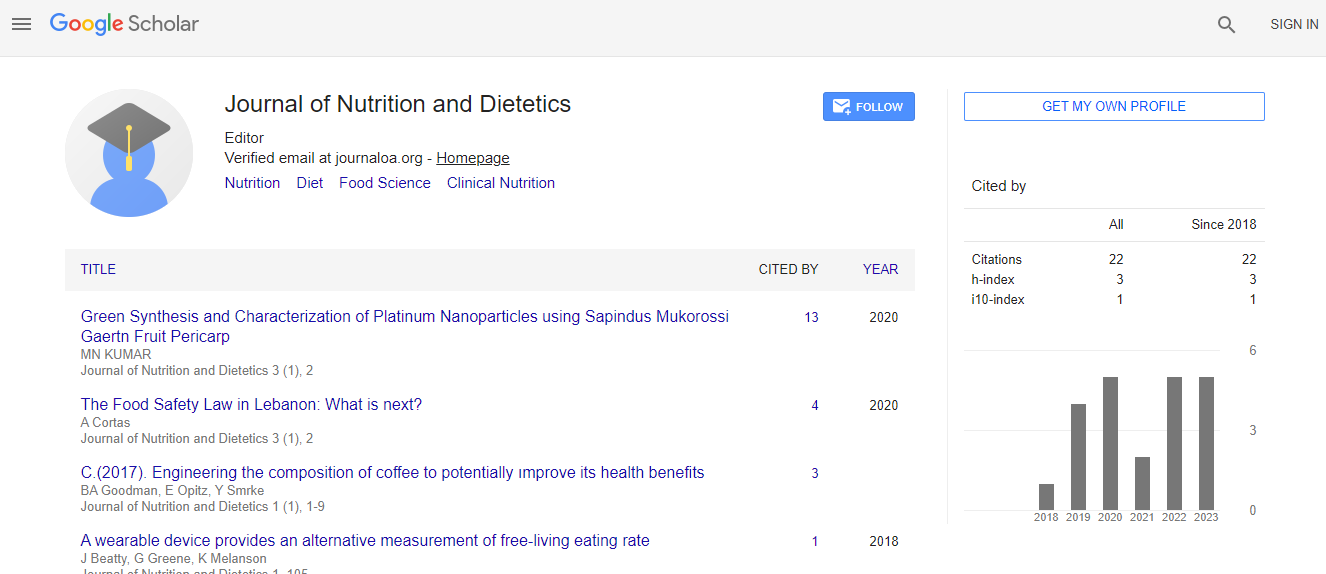Engineering the Microbiome to Prevent and Treat a Medical Condition
*Corresponding Author:
Copyright: © 2019 . This is an open-access article distributed under the terms of the Creative Commons Attribution License, which permits unrestricted use, distribution, and reproduction in any medium, provided the original author and source are credited.
Abstract
The human and animal micro biome is an incredible diverse and agile complex of microbial species with an important impact on the host. In humans and animals this relation is relevant for health and wellness. The micro biome of any living organism catalyzes biochemical reactions influencing the bioavailability and metabolism of bioactive molecules like nutraceuticals, pharmaceuticals, and feed and/or food additives. Consumption of food and these (bioactive) components changes the microbiome in that the growth of certain microbial species will be (dis) favored. Since the discovery of the different antibiotics that all have wide range antimicrobial impact, the research focus has been on the avoidance of communicable diseases. Almost all important bacterial infections are becoming resistant to antibiotics and to revert this phenomenon has become a major challenge. The smart use of antibiotics and new strategies to control microbial growth are key to controlling the spread of resistance. Every living organism has to deal with the reality that we live in a co-evolved symbiotic relationship with environmental microbes. There are now many examples showing a correlation between the microbiome, health and disease. The gastro-intestinal microbial species of the microbiome have been correlated with conditions like Inflammatory Bowel Disease, metabolic disorders, colorectal cancer, allergy and autism. The microbiological, nutritional and nutraceutical interventions facilitate a promising and underexplored opportunity to ‘engineer’ the Microbiome to prevent or treat a medical conditions.

 Spanish
Spanish  Chinese
Chinese  Russian
Russian  German
German  French
French  Japanese
Japanese  Portuguese
Portuguese  Hindi
Hindi 